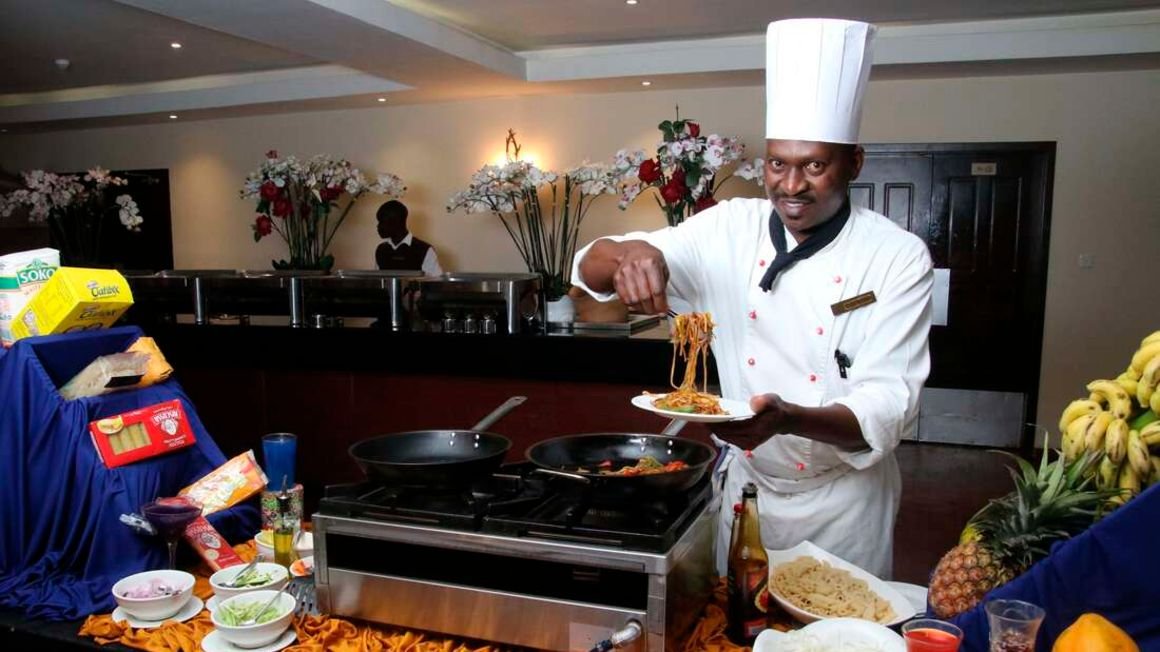
From what guests eat to how they eat it and how they enjoy travel experiences, hospitality is arguably the most transformed industry since the Covid-19 crisis.
But even before the pandemic, travel was undergoing an evolution, influenced by consumers’ changing preferences and their ability to pay for experiences.
After 25 years working in the hospitality industry in Kenya and regionally, Jotham Mwang’ombe, the operations manager at Panari Resort, Nyahururu, says no period has experienced more transitions than the last 30 months.
He observes: ‘‘Guestrooms are nearly the same in most top resorts. The taste of food does not vary. What is different is how the experience is curated.’’
It is the only way to meet these needs.’’ As such, he says the job of an experienced manager is now the soul of the hotel business.
“I do not sit in an office. My job entails walking around the property and interacting with guests, talking to them to get a feel of what they think about our facilities and offerings. For the modern guest, it is the experience that matters.’’
For resorts such as Panari, staff spending time with guests during ‘‘management cocktails’’ is the norm. ‘‘This allows us to interact informally and to get feedback from them.’’
The business approach too has changed.
‘‘Food and beverage for us have been a big source of income. People will always eat and drink. Even during the pandemic, people were still coming to our fitness facility. They were still coming for massages. These are the areas of business that sustained us,’’ he says.
He adds: ‘‘We have had to identify these as our key revenue generators and to market them even more intentionally than before.’’
The 100-room resort has cottages, courtyards and executive villas and a health club. He says couples and their children travelling together has become a primary focus as the number of domestic tourists grows.
Panari says they are now shifting gears by promoting the facility as a green rural destination.
‘‘We are fortunate to be located in a geography that is endowed with greenery. We are focusing on travellers keen on environmental tourism.’’
Mr Mwang’ombe is optimistic that tourism is headed for a strong recovery, noting that hotels have gained valuable insights from the two-year downside. Even so, he insists that taxation has slowed down Kenya's tourism industry.
“We impose taxes on every tour experience from the moment visitors land. Accommodation, transport, food and attraction sites all attract a tax charge. Kenya is a superior destination, but is also very expensive,” he argues.





















